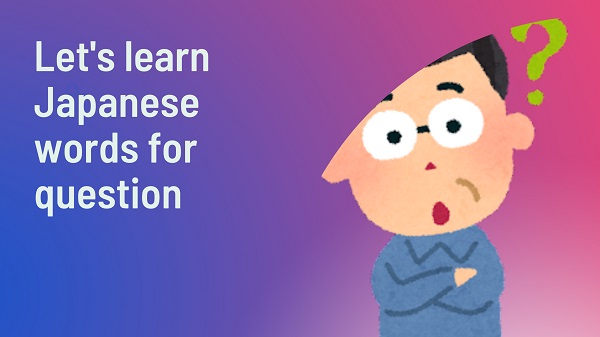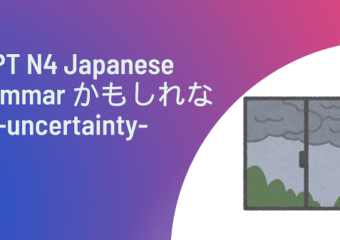How can you ask Japanese people?
In this article, I’m going to teach you the 5 Ws: What, Who, When, Where, Why.
What

When we ask “what”, we use “なに”.
Let’s take a closer look at an example.
English:What did you do today?
In this case, you want to ask objective, so we put なに before verb.
Let’s see the second example.
When you ask what it is, we say なんですか.
なに changes to なん.
English:What is it?
What is ”これ”?
Please check my another article.
Let’s learn Japanese kosoado words
Let’s see the other example of changing to なん.
When we ask numbers, なに changes なん.
For example,
Japanese:いぬが なんひき いますか。
English:How many dogs are there?
Example2.
Japanese:いま なんじ ですか。
English:What time is it now?
Who

When we ask “who”, we use “だれ”.
For instance,
English:Who is that man?
When we ask subject, we say だれが.
For example,
English:Who is coming to the party?
When we ask whose thing, we say だれの○○.
Let’s see the example.
English: Whose bag is this?
Note: どなた is more polite than だれ.
English:Who is that man?
When
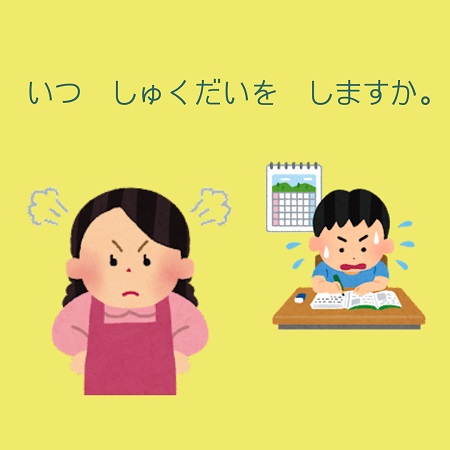
When we ask “when”, we use “いつ”.
Let’s see the example sentence.
English:When will you do your homework?
We use “when” as a conjunction, right?
(ex) When I was a child, I often swam in the river.
However, we don’t say いつ in this case.
we say “とき”.
(ex) わたしが こどもだったとき、かわで よく あそんだ ものだ。
Where
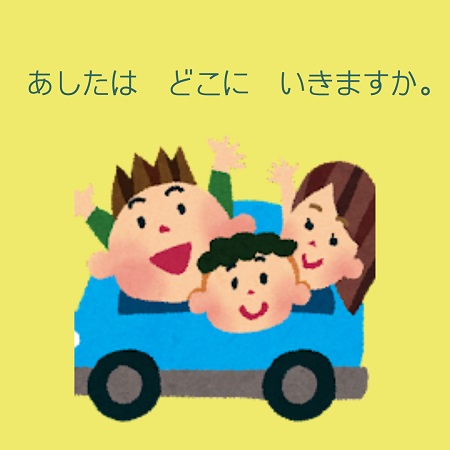
When we ask “where”, we use ”どこ”.
English: Where are you going tomorrow?
Why
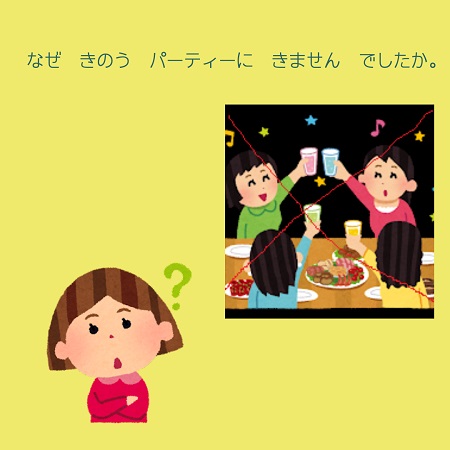
When we ask “why”, we say ”なぜ”, ”どうして” or ”なんで”.
These are the same meaning and it’s hard to explain the differences.
Which words we use depends on the situation.
Therefore, I’m going to roughly teach you the differences.
Let’s see each phrase.
どうして
どうして is more of a feeling word.
It focuses on the speaker’s feeling rather than the reason they want to know.
Let’s see the examples.
English: Why didn’t you come to the party yesterday?
In this case, he (or she) didn’t come to the party and the questioner is angry (or surprised).
It focuses on the speaker’s feeling.
なんで
Like どうして, なんで focuses on speaker’s feeling.
For instance,
English: Why do I have to go to school?
I guess the speaker doesn’t want to go to school.
なんで emphasizes the feeling.
In addition, なんで is more used in casual conversation.
Therefore, I don’t recommend saying なんで to older people.
なぜ
なぜ is rational.
When we say なぜ, we are asking a reason and there is no speaker’s feeling.
Moreover, なぜ is more for writing.
We rarely use なぜ in conversation.
Let’s see the example.
English: Why didn’t you come to the party?
He (or she) just wants to know the reason why the person didn’t come to the party.
These example would change depending on situation and you need to understand context.
conclusion
| English | Japanese | Romaji |
| What | なに | nani |
| Who | だれ | dare |
| When | いつ | itsu |
| Where | どこ | doko |
| Why | なぜ・どうして・なんで | naze/doushite/nande |
Practice
① (1. )と えいがに いきましたか。
② きのうは (2. )を たべましたか。
③ きのうは (3. )に いきましたか。
④ (4. )、そらは あおいの ですか。
⑤ (5. )、きますか。
① だれ
→Who did you go to movie with?
② なに
→What did you eat yesterday?
③ どこ
→Where did you go yesterday?
④ なぜ(どうして、なんで)
→Why is the sky blue?
⑤ いつ
→When are you coming?
If you’d like to learn more Japanese, please feel free to contact me.
I teach Japanese in-person or online.
You can also learn Japanese on my Instagram page.
